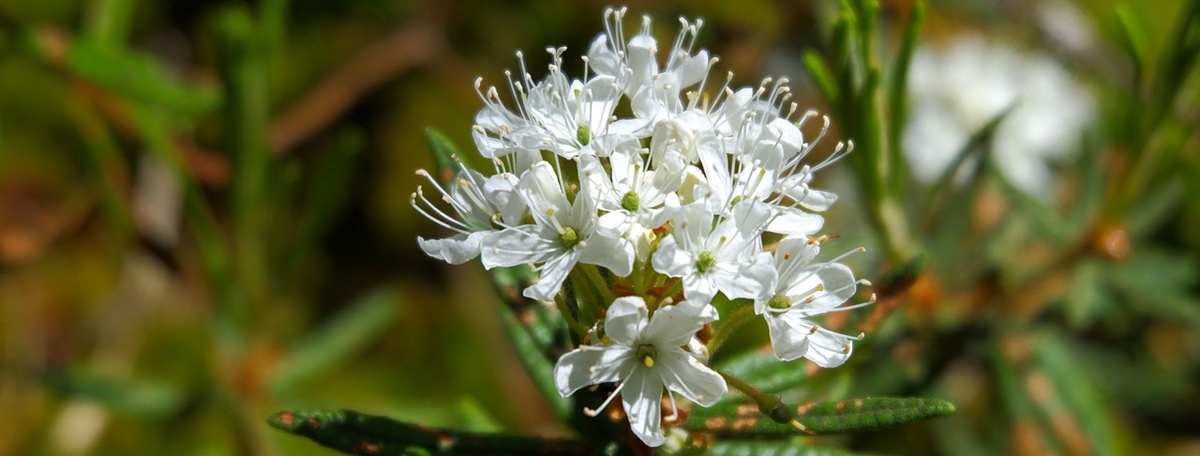Lupus
Lupus is the medical term used for the condition when the immune system of the body attacks organs and tissues. Lupus is a chronic disease that causes inflammation which affects the skin, lungs, lungs, blood cells, joints, and heart. It is more frequent in women than in men, although the reason for that is not established yet.
It can be divided into four classes: systemic lupus erythematosus, discoid lupus erythematosus, drug-induced lupus erythematosus, and neonatal lupus erythematosus. The most common warning signs of lupus are extreme exhaustion, joint pain accompanied by swelling, depression, muscle pain, and fever, as well as the loss of hair, skin rashes, and ulcers.
Homeopathic Remedies for Lupus
Homeopathy can be very helpful in the treatment of lupus. Homeopathic remedies have hardly any adverse effects because they are just extracts of healthy plants and herbs. Before using any homeopathic remedy, a qualified homeopath must be consulted and he will recommend the best remedy, depending on the medical history of the person. Several homeopathic cures are very effective and can help those who suffer from this condition.

Honey bee or Apis Mellifica is a homeopathic remedy for lupus, which is beneficial for swollen and painful joints, nephritis, cancer of the tongue, and conjunctivitis, as well as for edema, burning pains, prolapses, and meningitis. The side effect of this remedy is jealousy.
Another homeopathic remedy is a white oxide of arsenic or Arsenicum Album, which has positive effects on burning pains, asthma, acridness, tiredness, chillness, and swelling. Possible side effects are fear, loneliness, and isolation. Arsenicum Album is also used for night burning and itching, or when the scalp is very sensitive.
Ledum Pal is a homeopathic remedy that is very helpful for muscle pain and swollen and painful joints, whereas, in cases of lupus accompanied by fever and great thirst, Bryonia is the most effective. Furthermore, Belladonna is used to treat lupus in the case when red rashes appear on the face.
Arnica is a homeopathic remedy that is highly recommended when chest pain occurs during deep breathing, acid flour is the best for the loss of the hair, while Glonoinum is preferable for the sensitivity to the sun.
Moreover, Calcium Carbonate is suggested to treat lupus for fair, fatty, or flabby patients with swollen glands that easily become tired whatever they are doing. Furthermore, this homeopathic remedy is recommended for those who sweat fast and have a sour smell of the body, as well as for the girls that are overweighed and are growing too quickly.
- We comprehensively searched Ovid Medline, Cochrane Library, and Scopus databases from inception to April 27th, 2021. These terms included cutaneous lupus erythematosus; general plant, fungus, bacteria terminology; selected plants and plant-derived products; selected antimalarials; and JAK inhibitors.
- Our search yielded 13,970 studies, of which 1,362 were duplicates. We screened 12,608 abstracts, found 12,043 to be irrelevant, and assessed 565 full-text studies for eligibility. Of these, 506 were excluded, and 59 studies were included in the data extraction. The ROBINS-I risk of bias assessment tool was used to assess studies that met our inclusion criteria.
- According to our findings, several natural compounds do reduce inflammation in lupus and other autoimmune skin diseases in studies using in vitro methods, mouse models, and clinical observational studies, along with a few randomized clinical trials.
- Numerous studies have tested the level of Vitamin D (cholecalciferol) in CLE patients since many of them experience photosensitivity and therefore practice sun avoidance. Anti-inflammatory properties of vitamin D are thought to be important in autoimmune diseases like Multiple Sclerosis and SLE.
- Artemisia annua L. [Asteraceae] has widely been used to treat rheumatic autoimmune diseases such as lupus erythematosus and rheumatoid arthritis in China and is known for its antioxidant characteristics and high nutritional value in amino acids and vitamins.
- Camellia sinensis (L.) Kuntze [Theaceae], commonly known as green tea, has been widely studied for beneficial health effects.
- Turmeric, scientifically known as Curcuma longa L. [Zingiberaceae], is a medicinal spice widely known for its anti-inflammatory and antioxidant effects. The active ingredient, curcumin (diferuloylmethane), has a broad range of bioactive compounds that are safe and effective against various diseases, including autoimmune diseases.
- In this study, Li et al. demonstrated the medicinal potential of isogarcinol extract from Garcinia mangostana L. [Clusiaceae]. Treatment of DBA/2 mice resulted in significantly reduced proteinuria, decreased the number of serum antibodies, and lowered the renal histopathology score.

















Your thoughts on this
Loading...